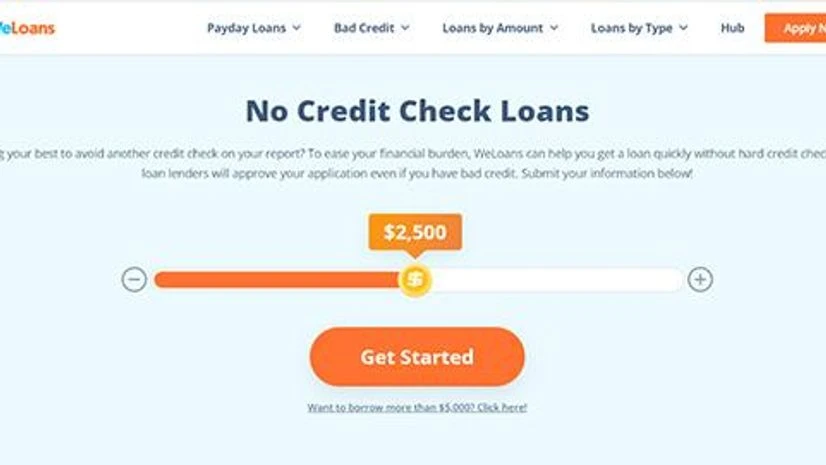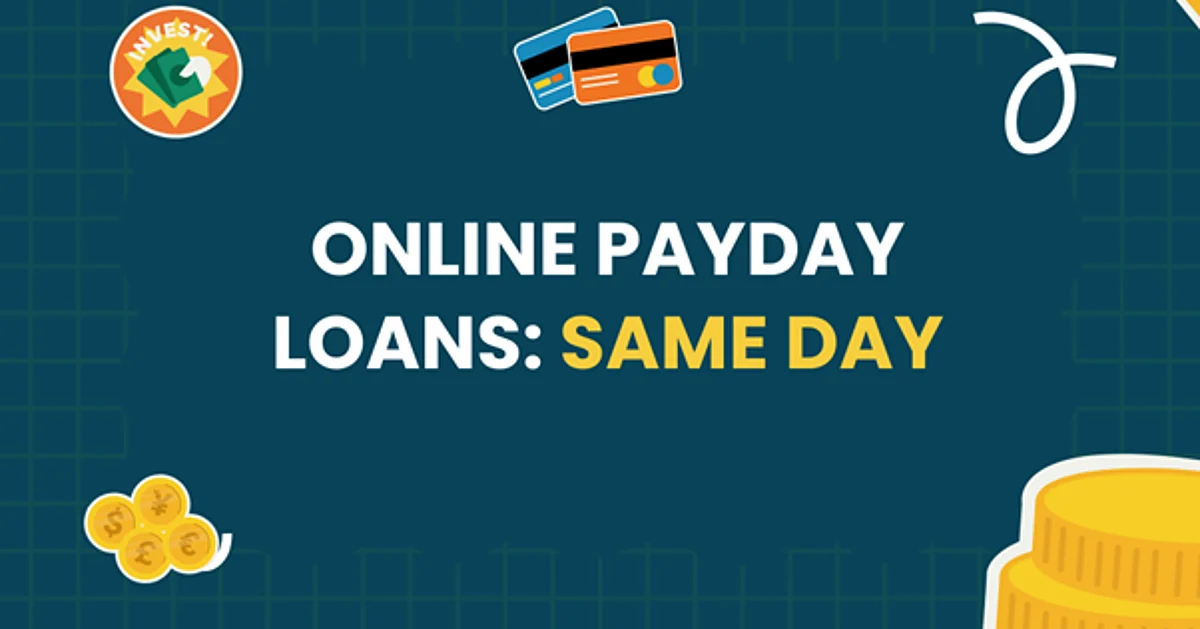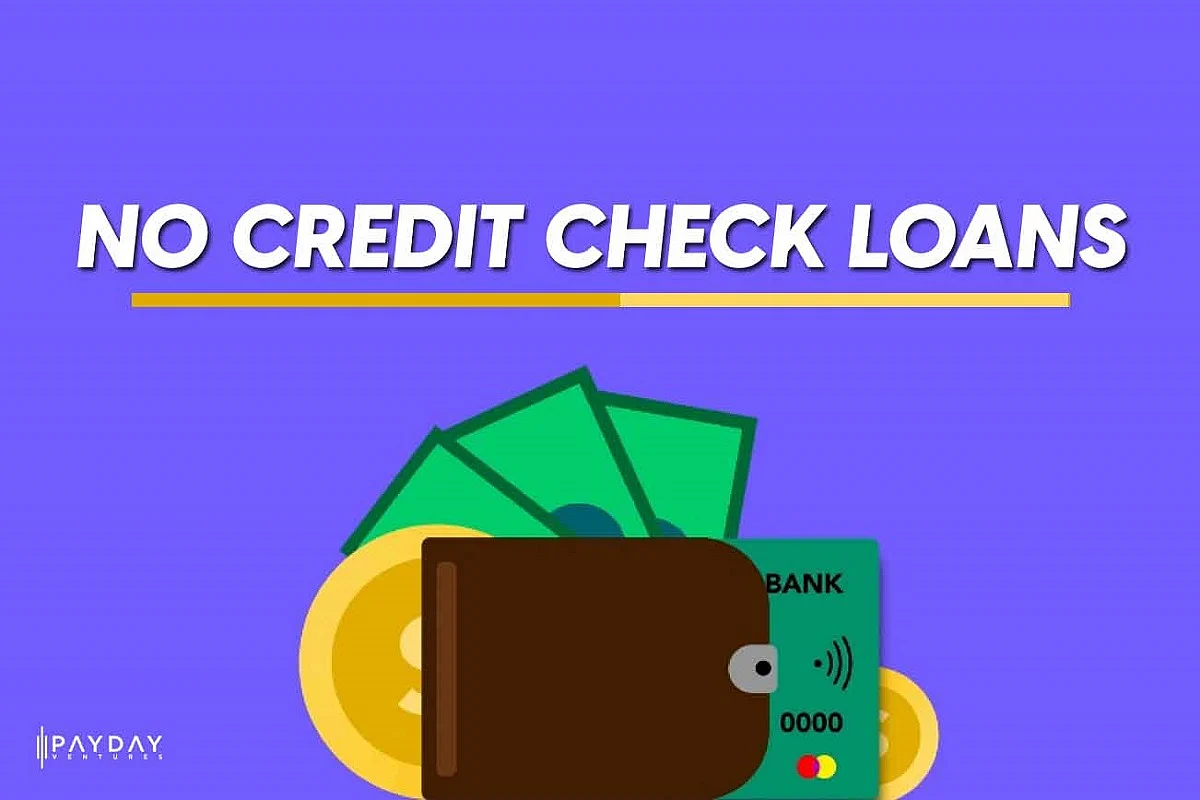Payday Loans Guaranteed Approval No Credit Check

A surge in online platforms offering "Payday Loans Guaranteed Approval No Credit Check" is trapping vulnerable borrowers in cycles of debt. These readily available loans, often targeting individuals with poor credit, come with exorbitant interest rates and hidden fees, creating a dangerous financial quicksand.
This article explores the predatory nature of these loans, their potential consequences, and resources available to those struggling with debt.
The Allure and the Trap
Payday loans are short-term, high-interest loans designed to be repaid on the borrower's next payday. The promise of "guaranteed approval" and "no credit check" is particularly appealing to individuals with limited access to traditional credit sources.
However, this convenience comes at a steep price. According to the Consumer Financial Protection Bureau (CFPB), the average payday loan carries an annual percentage rate (APR) of nearly 400%.
This means that a borrower taking out a $300 loan could end up owing hundreds of dollars in fees and interest within a matter of weeks.
How It Works
The process is deceptively simple. Borrowers typically apply online, providing basic personal information and bank account details.
The loan is then deposited directly into their account, often within hours. Repayment is usually structured as an automatic withdrawal from the borrower's bank account on their next payday.
If the borrower cannot afford to repay the loan in full, they are often offered the option to "rollover" the loan, extending the due date but also incurring additional fees.
The Debt Cycle
This rollover process is what traps many borrowers in a cycle of debt. Each time the loan is rolled over, the fees and interest accumulate, making it increasingly difficult to repay the original loan amount.
The CFPB found that over 80% of payday loans are rolled over or re-borrowed within two weeks.
This can lead to a situation where borrowers are paying more in fees and interest than the original loan amount, effectively becoming indebted indefinitely.
Predatory Practices
Many of these online lenders operate outside of state regulations, making it difficult to hold them accountable for their practices.
They often use aggressive marketing tactics, targeting vulnerable populations with promises of quick cash and easy approval.
Some lenders may also engage in deceptive practices, such as hiding fees or misrepresenting the terms of the loan.
The Legal Landscape
The legality of payday loans varies from state to state. Some states have banned them outright, while others have strict regulations regarding interest rates and fees.
The Truth in Lending Act (TILA) requires lenders to disclose the terms of the loan, including the APR, fees, and total cost of borrowing. However, many online lenders fail to comply with these regulations.
Borrowers should be aware of their rights and report any suspected violations to the appropriate regulatory agencies.
Alternatives to Payday Loans
There are several alternatives to payday loans that borrowers should consider. These include credit counseling, secured credit cards, personal loans from banks or credit unions, or borrowing from friends or family.
Many community organizations and non-profits also offer financial assistance and resources to individuals struggling with debt.
Seeking professional financial advice can help borrowers develop a budget, manage their debt, and explore other options.
Where to Seek Help
If you are struggling with payday loan debt, there are resources available to help. The National Foundation for Credit Counseling (NFCC) and the Financial Counseling Association of America (FCAA) offer free or low-cost credit counseling services.
You can also contact the CFPB to file a complaint against a lender or to learn more about your rights as a borrower.
Remember, seeking help is a sign of strength, not weakness.
Moving Forward
The proliferation of "Payday Loans Guaranteed Approval No Credit Check" highlights the urgent need for greater consumer protection and financial literacy. Awareness must be spread on the dangers associated with such loans.
Consumers need to be aware of the risks and explore alternative options before resorting to these high-cost loans. Stricter regulations and enforcement are also necessary to protect vulnerable borrowers from predatory lending practices.
By working together, we can create a more equitable and sustainable financial future for all.

)
















